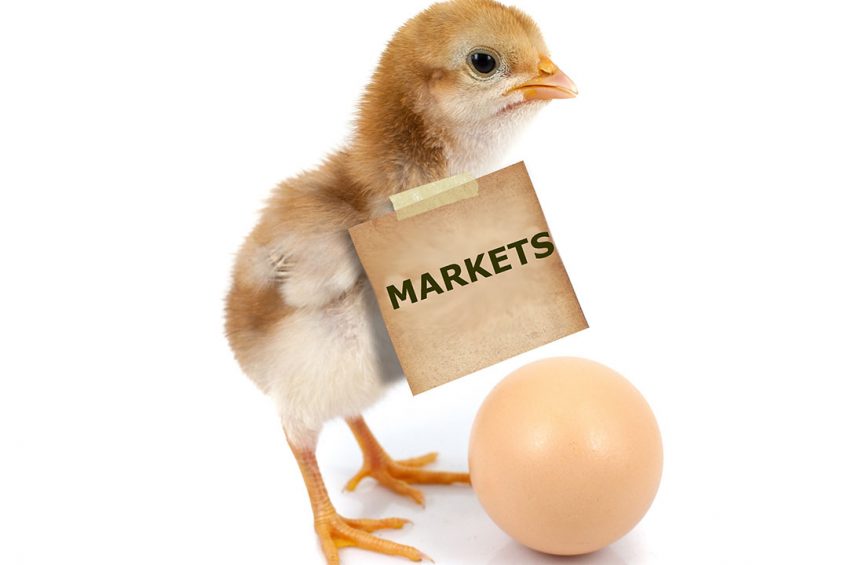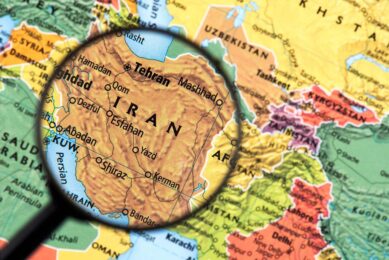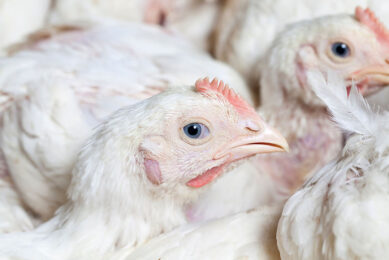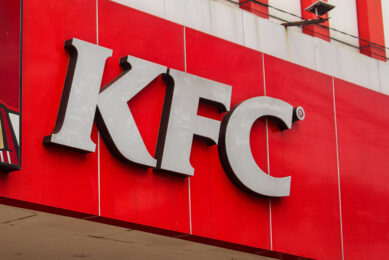EU poultry production and consumption to expand slowly

Poultry will be the only meat to consistently see growth in the EU market over the next 12 years, according to the EU’s 2030 Outlook.
Global exports
Production and consumption will both continue to grow during this period by around 4%, helped by burgeoning global exports and the valorisation of different cuts to a wide range of destinations. But over the outlook period growth is expected to slow down to just 0.3% per year, having averaged around 2.5% over the past decade. However, some countries – notably newer Eastern European nations such as Hungary, Poland and Romania are set to do better because of sustained investment.
The report said world import demand for poultry meat is expected to remain strong with additional import demand coming mostly from Asian nations, such as Vietnam, Philippines and China, and from sub-Saharan Africa (South Africa, Ghana and Benin) where demand is growing fastest. EU exports will continue rising by an average of 1.4% per year until 2030 reaching 1.9m tonnes.
Replacement imports
Traditionally, higher value cuts have been imported by EU nations, but issues in Brazil led to a 10% slump in 2017 and a further 3% fall is expected this year, despite replacement imports from the Ukraine, Thailand and Chile.
As soon as the issues are resolved with Brazil, imports are expected to recover and reach the previous level and then rise around 1m tonnes by 2030. This will be supported by increased production in the two EU’s main suppliers, Thailand and Brazil.
Market is reaching maturity
Commenting on poultry meat consumption trends, the report says the market in the EU is reaching maturity and should stand at 24kg/capita in 2018. Growth in this area is expected to be marginal at 0.2% per year, meaning the average consumer will be eating 24.8kg/capita.
EU poultry meat prices are expected to remain around current levels in the first year of the projection period. After this they will decline slowly under increased competition from the US and Brazil and reach around EUR 1 860/t by the end of the period.
Depending on development in the macroeconomic environment and feed prices, the report concludes that there is likely to be a variation of prices between EUR 1 630/T and EUR 2 130/T over the outlook period.













